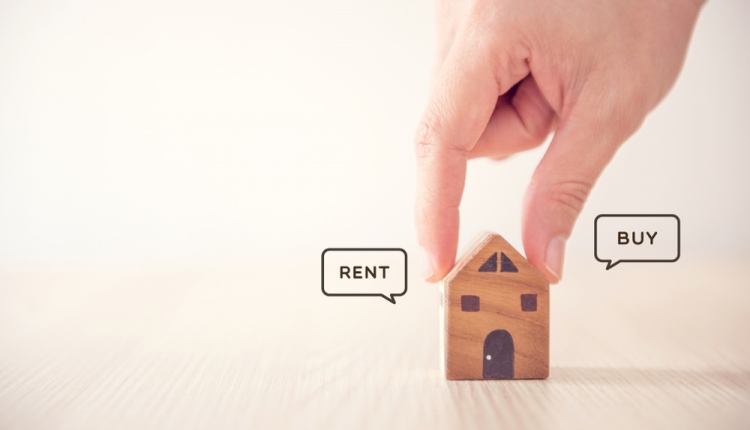Renting Versus Buying Property
Buying or renting a home, both have benefits, but when it comes time to choose, home searchers are often undecided. In this article, anyone can learn the difference between buying and renting and figure out which option suits them best.
Buying
It’s often said that home-ownership is an excellent investment, but if it’s buying one for a family, it can tie one down. Buying a house can also limit a person from relocating in the instance of a promotion or a new job. There are many things to consider when purchasing a property.
PROS
Buying a home offers long term securities, equity, and (hopefully) growth in the investment made. In general, most property values increase due to demand steadily increasing. There are also no restrictions placed by a landlord, giving buyers extensive freedom.
Adding to the freedom that owning property provides, means owners can perform landscaping and even deconstruction to remodel the house. If the repayments get made on time, the property owner’s credit score can increase. If needed, the bond can be refinanced to allow the withdrawal of a large amount of money.
CONS
There’s a huge financial responsibility that comes with buying a property. Additional costs include taxes, insurance, and the maintenance that the owner is responsible for.
There’s the risk that in reselling the property, no profit will be made. This can be detrimental to anyone planning to move houses. The limited mobility often means that the house needs to be resold to move locations and purchase or rent a new property.
Renting
Renting can be the preferred option when someone needs to live in an area for a short period of time. It can also be more financially stable for some people, especially anyone who isn’t quite ready to settle down yet. There are questions that a prospective renter needs to ask though.
PROS
It’s possible to rent in an area that isn’t financially viable to buy property in. There’s also less of a commitment to make when renting. This makes moving out easier as giving notice is usually up to a month only.
Maintenance and property insurance falls on the landlord and not the renter, meaning these costs don’t fall on the renter. Extra money after paying rent and household expenses can be invested elsewhere.
CONS
Some rules get stipulated by landlords, limiting what work can be done on a rented property. For the tenant to make changes, they’d first need to get the landlord’s permission. This can take a while if there’s a real estate agent acting as the liaison between tenant and owner.
Renting offers no return in wealth or investment, and there’s no guarantee of the lease being renewed. There’s also the risk of renting price increasing and becoming too expensive.
Which Is Better?
The decision between these two lies entirely on each person’s preferences. What needs one person has differs from another. Is buying property an investment plan, or is it because of pressure from one’s family? Need help? Contact the Suzy Goldstein Team for the best real estate advice.
Conclusion
Buying and renting are both outstanding options, but different people need different options. Renting can be cheaper and is better for short term stays, but unlike housing, it doesn’t offer any investment opportunities.

